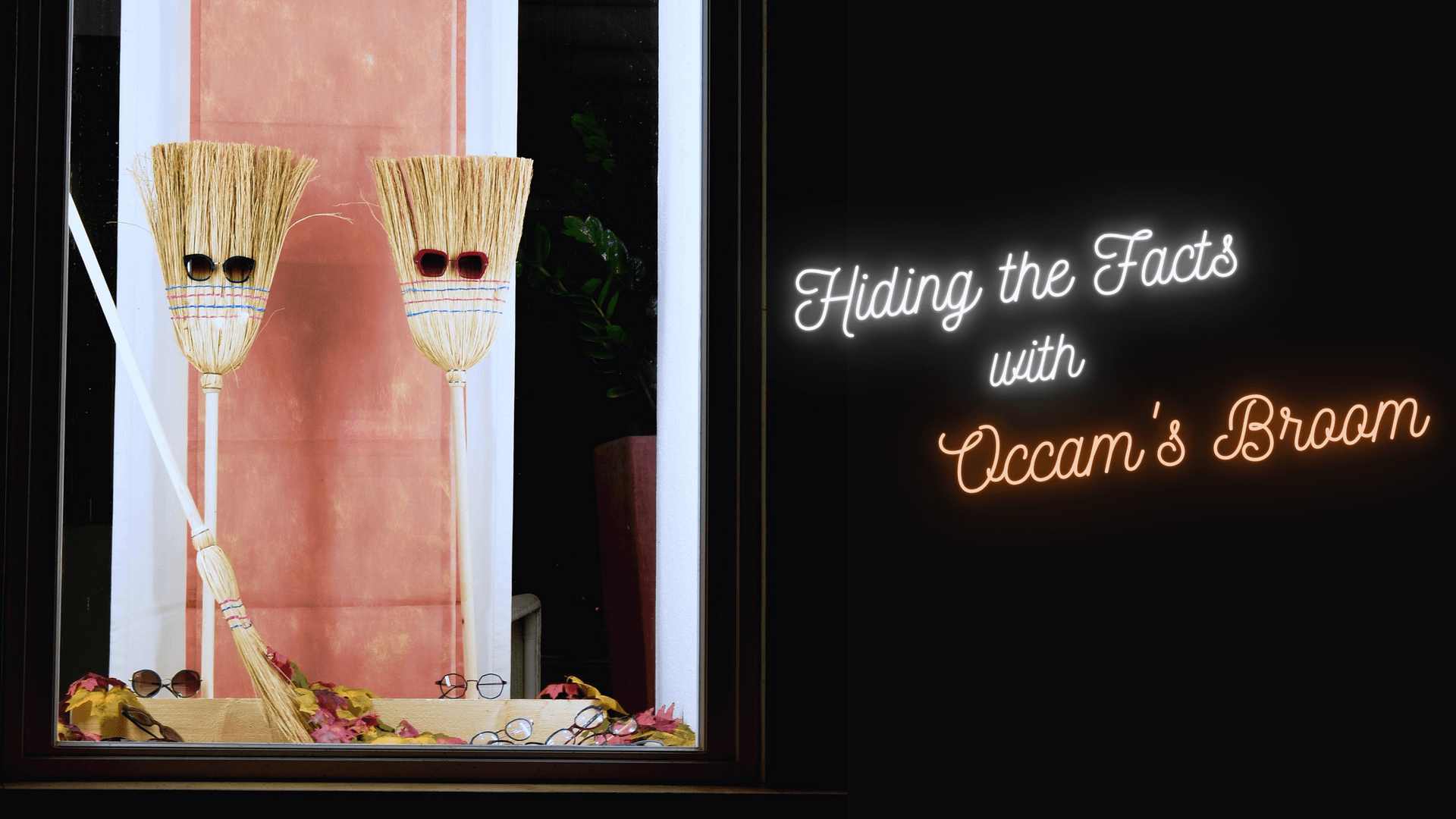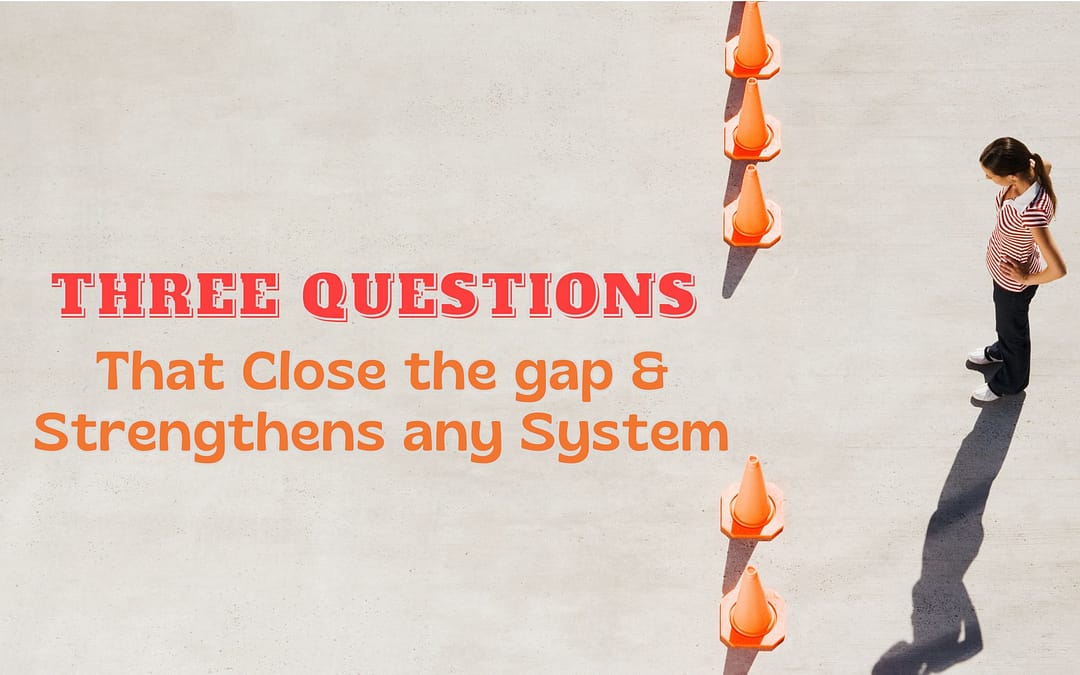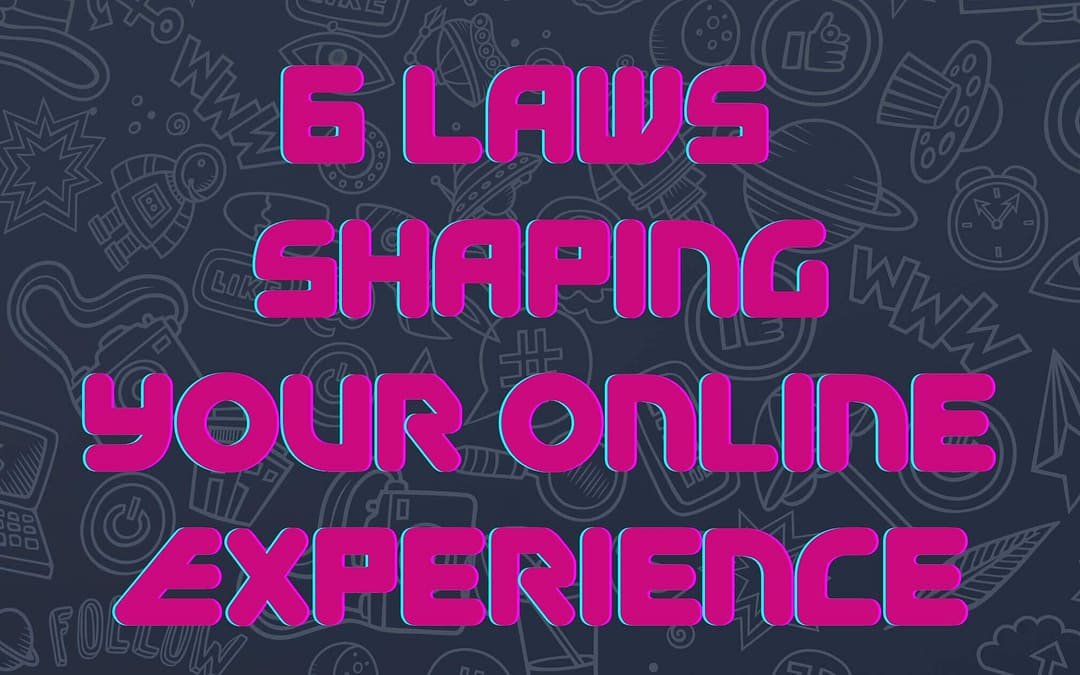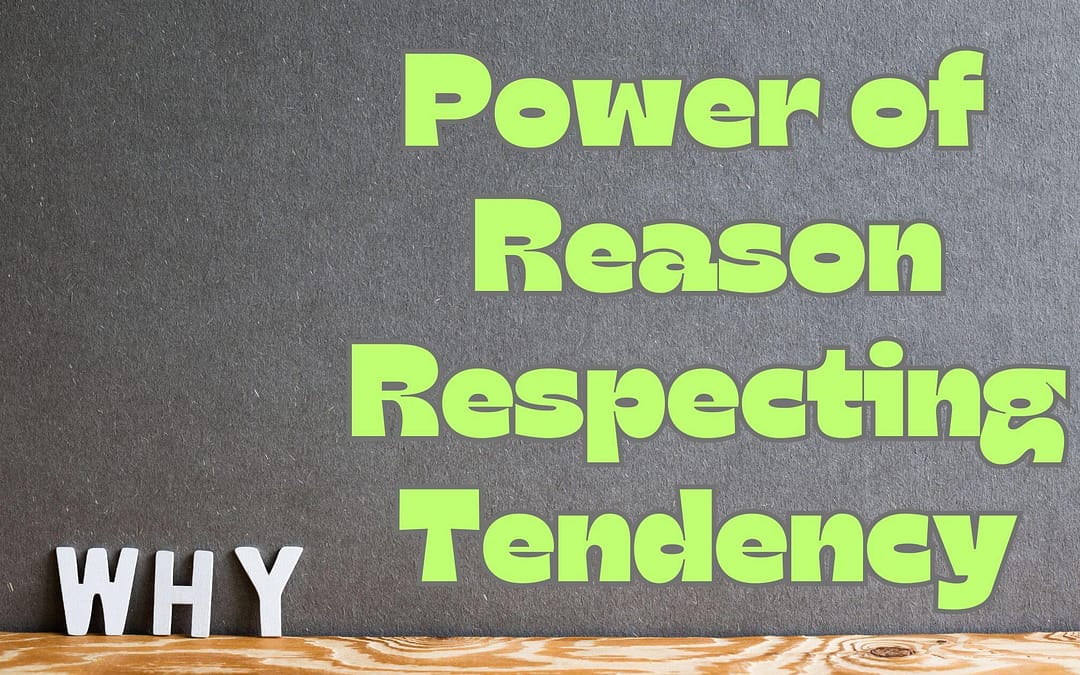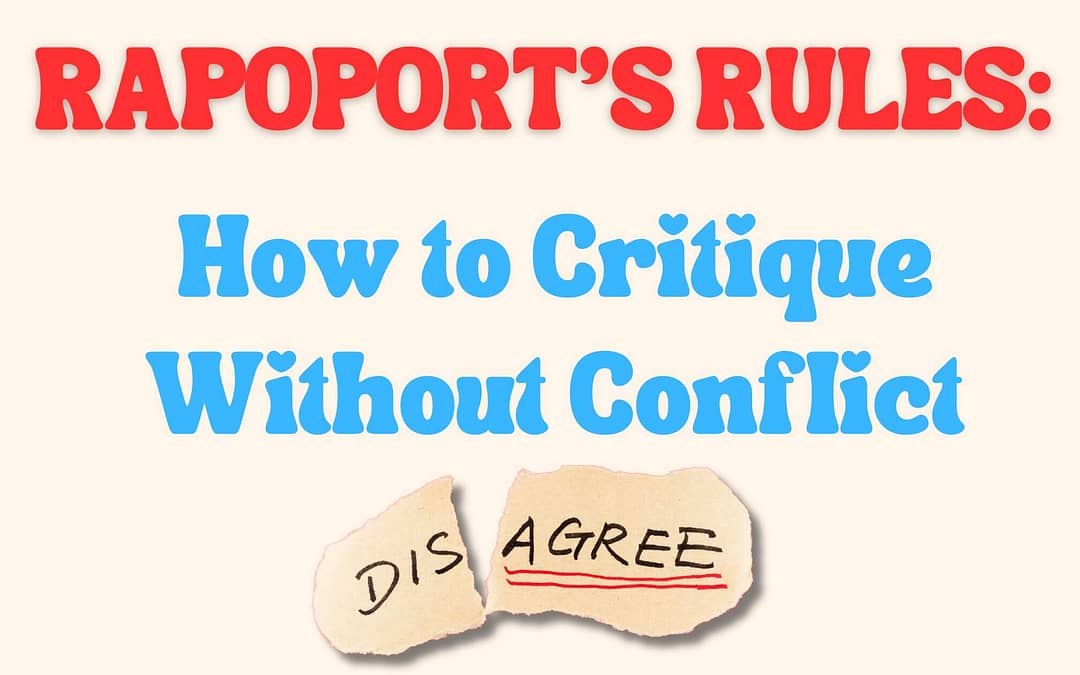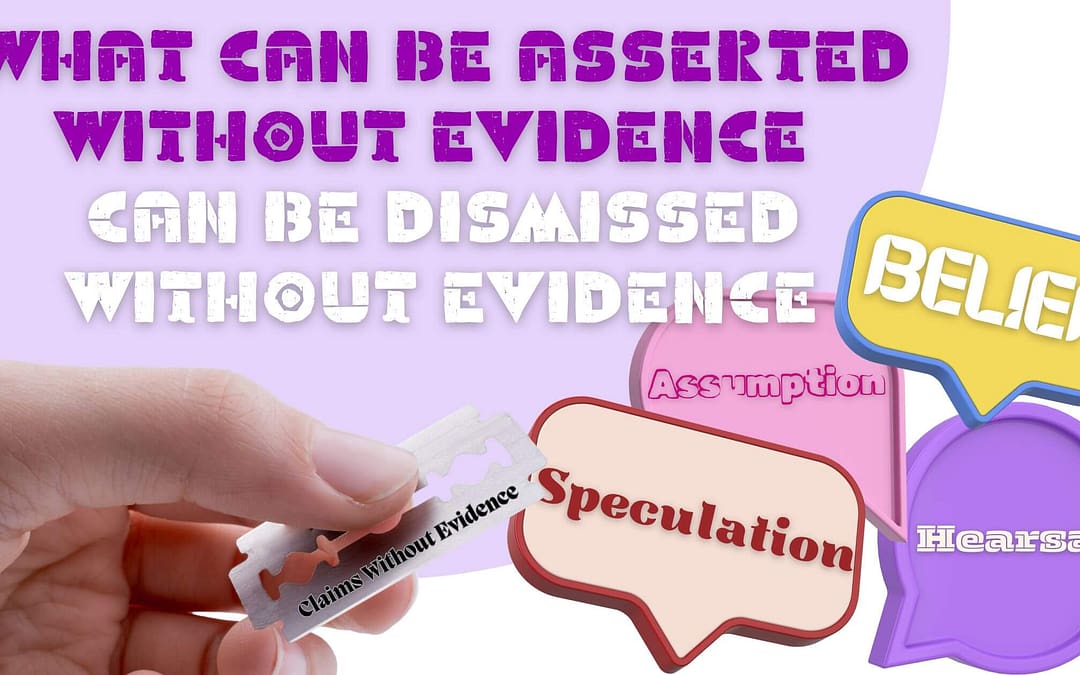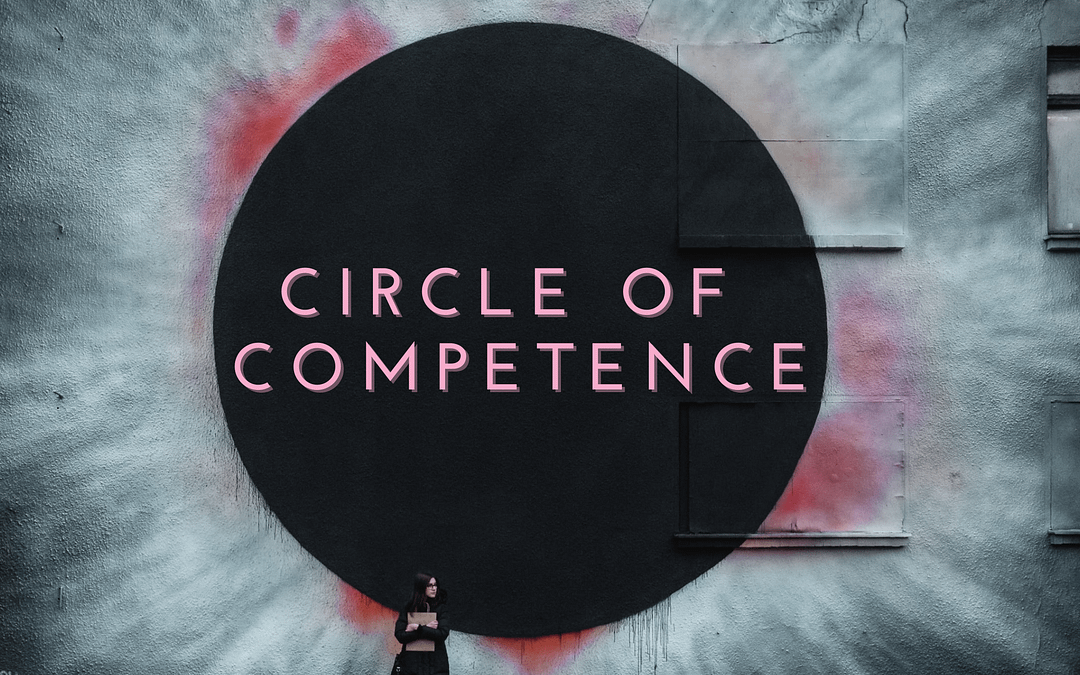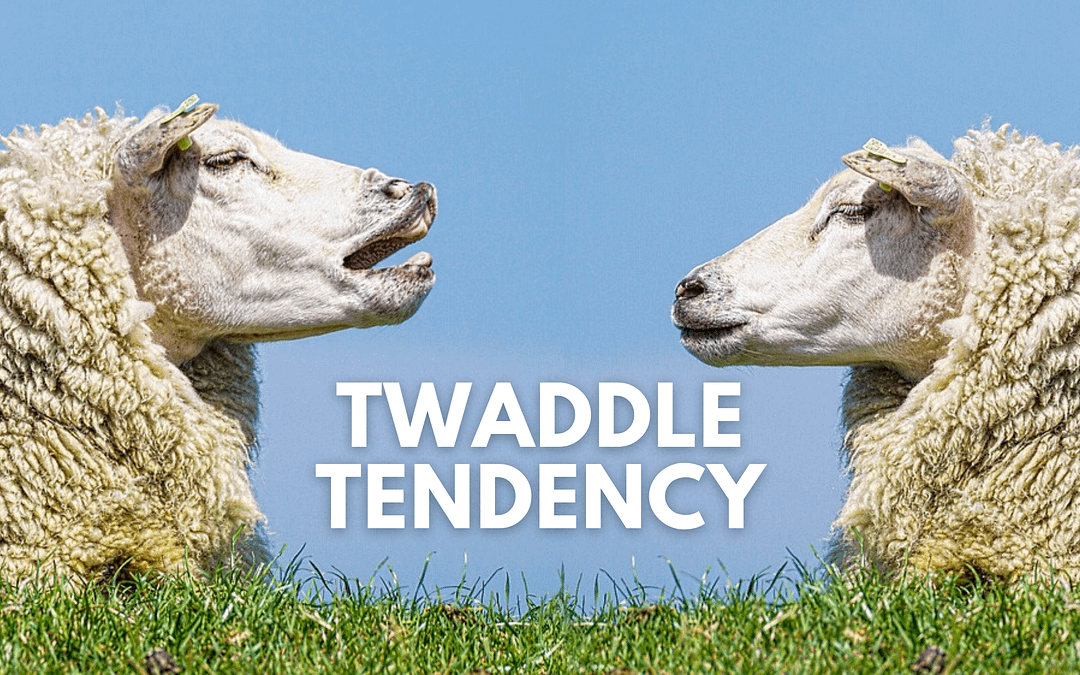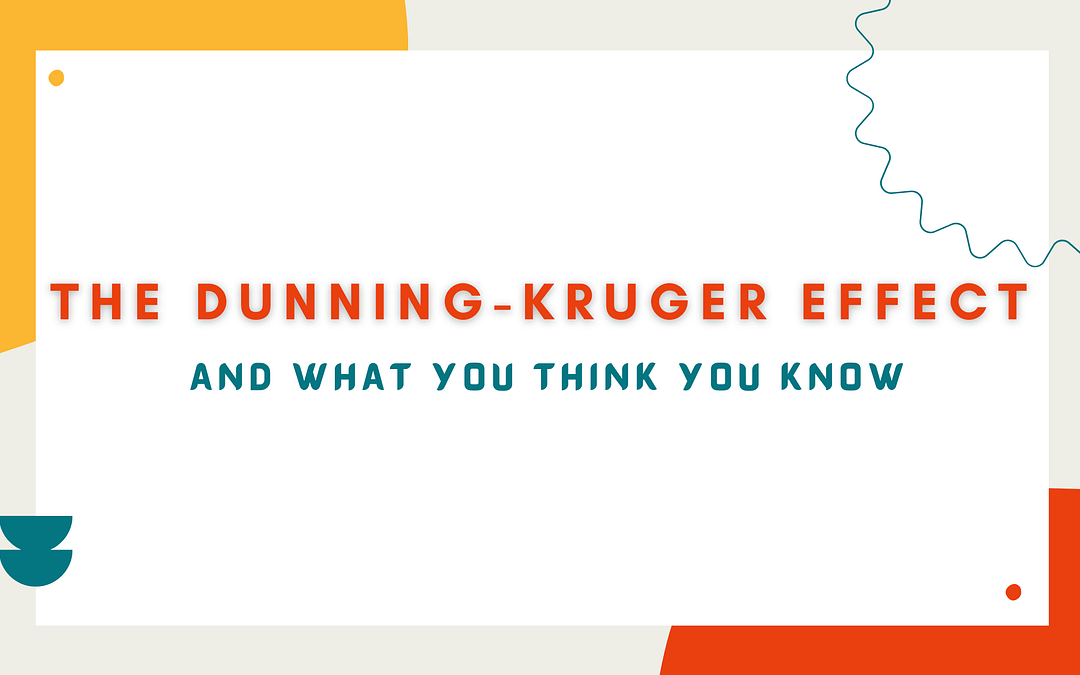Occam’s Broom is a play on Occam’s Razor. The term is used to describe the process of sweeping away inconvenient facts when they oppose your view.
The term was created by microbiologist, Sydney Brenner, to describe what happens in heated scientific debates. Scientists are often heavily invested in their theories through incredible amounts of time, money, and effort. They will often defend their views in light of contradictory evidence in order to save this.
Unconscious Vs. Conscious Sweeping
An Unconscious denial of the facts happens when our minds won’t allow us to see something differently when we are so personally invested. We may discount the evidence all together, claim it comes from an irrefutable source, or grab Occam’s Broom and sweep it away all together.
When it is conscious, the intentions can be more deceptive. Conscious fact denial can be used by media and propagandists to convince less knowledgeable people of a view because it benefits them in some way.
When conflicting information comes up it can create cognitive dissonance, the state of holding two opposing views at once. The internal conflict can be resolved in a number of ways, but one of the most prominent is to just ignore the facts.
Occam’s Broom in Politics
If vehement supporters of a politician suddenly find out this person was involved in a serious crime or some form of immorality, they can choose to discount this information. They might say the news source who broke the story has it out for this person, have something to gain from this, or simply choose not to believe it despite growing evidence.
When we think of examples like this, it is important to remember this isn’t something only other people do. We all do it. It is a natural reaction to be confronted with the possibility we could be wrong. If we are wrong about this, what else could we be wrong about? Can people trust what we say anymore? How weak will we look if we immediately admit we are wrong?
These are just things we tell ourselves to protect our egos from the emotional blow of contradicting facts. They don’t help us get any closer to the truth or make critical decisions.
Ask yourself these questions instead.
- How invested am I in this belief?
- Could I be wrong?
- What can I prove?
- How much do I really know about this?
Sales Pitches Use It All the Time
You will see this method used dishonestly in a lot of sales pitches too. The sales person might offer some “inconvenient facts”, but makes sure they can easily be discounted.
Imagine you are buying a car and you ask the sales person if they know of any issues people have complained about with a specific model. “Now that you mention it, a lot of people complain the gas tank is too big. But at least you’ll be able to do long trips without stopping for gas!”.
This is another way of sweeping inconvenient facts under the rug. You create a straw man, an argument you could easily defeat in order to distract from real issues.
What Do You Really Know?
The smartest people in the world admit they really don’t know a lot. In Plato’s account of Socrates, he is thought to have said, “I know that I know nothing.”. Socrates claims the true source of his wisdom is realizing how limited his knowledge really is.
By acknowledging our ignorance and accepting the vulnerability that comes with it, we actually learn more. This not only helps prevent us from using Occam’s Broom against ourselves, but also when others use it against us.
Put the Broom in The Closet
The next time you hear something on the news, or some sales pitch without any holes, understand you may not have the full picture. Seek out information that could give you a bigger picture, and even then, understand you may not know everything about it.
Unless you are an expert on the subject or it has been irrefutably proven, then you shouldn’t have too strong an opinion about it. This is easier said than done of course. This is where mental models can really help us take a step back and remind us to think critically.

